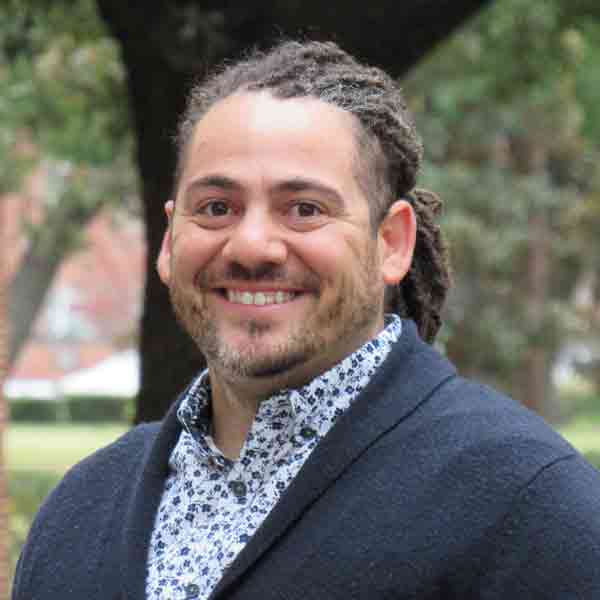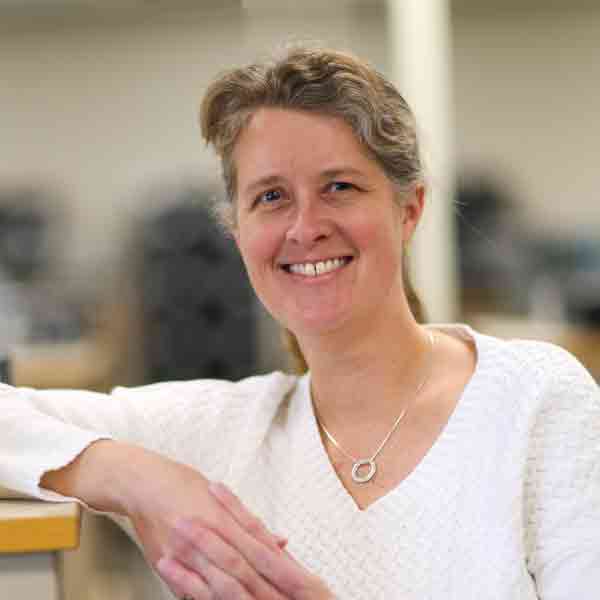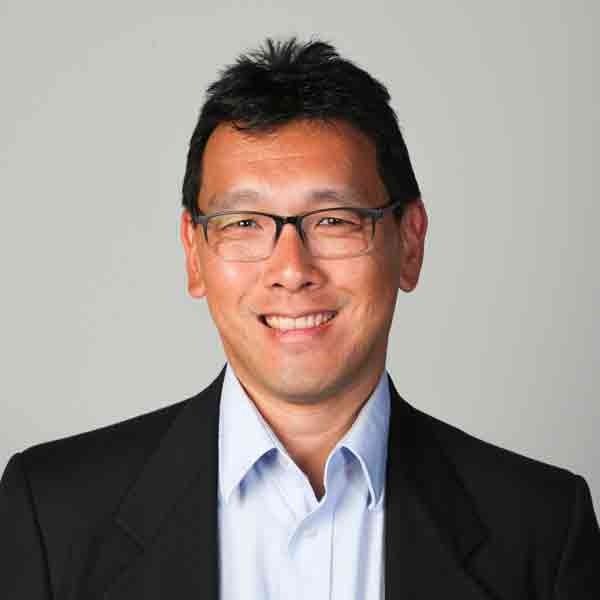Faculty in Focus
Dr. Ryan Sharp is one of two young poets who have joined the Baylor English department faculty this year. The University’s long commitment to teaching and celebrating poetry was not the only thing that attracted the Oregon native.
“The Baylor English department has a really great culture and environment, and they are anxious not only about building more programming around poetry, but around ethnic literature and African American literature, which is my field,” he said.
Sharp’s research focuses on contemporary Black American persona poetry. In this type of poetry, an historical or dramatic character, and not the poet himself, serves as the speaker of the poem.
“An example might be if I were to write a poem from the perspective of Muhammad Ali, so in that way I’m evoking a persona of Muhammad Ali. He becomes the eye of the poem,” Sharp said. “When you evoke a persona speaker, it’s not only evoking their perspective, history and what they represent, it also gives you an entry point to a larger social life that’s around that figure.”
Sharp has one published book of poetry — my imaginary old man: poems — and served for six years as the editor of Borderlands: Texas Poetry Review. He directed the writing center at Huston-Tillotson University in Austin and taught at TCU before coming to Baylor. This spring, Sharp is teaching classes in American Literary Cultures and African American Literature.
Dr. Linda Olafsen, associate professor of electrical and computer engineering, found her home in the department with a solid background in physics. She knew she loved learning and teaching how things work. At Baylor she capitalizes on her skills in physics to solve a variety of engineering-related problems.
“I love understanding the physics of something, but I also love telling people why it’s useful and how it can be applied to make products better and more efficient,” Olafsen said.
Today, she works with engineering and physics faculty in collaboration with physicians at Baylor Scott & White to develop a biomedical device that will give doctors the ability to navigate within the arteries. It’s envisioned as a wire that can be programmed to move through arteries to treat aneurysms, for example. Currently, doctors treat aneurysms through X-rays and steering wires by feel.
Olafsen, whose laboratory is in the Baylor Research and Innovation Collaborative, has an interest in attaching infrared sensors to these wires for sensing inside the body.
“That’s what’s fun about semiconductors,” Olafsen said. “There are beautiful, practical ways that by adjusting the composition of the material, you can adjust the wavelength of light you get out of the system. We can use this knowledge to improve our lives and the lives of others.”
While she finds joy in her research, she also thrives in preparing her students for their future engineering careers.
“I like helping students approach, think critically about a problem and learn how to solve it,” Olafsen said. “It’s the marriage of how something works fundamentally, and how to improve it and make a practical device.”
Olafsen joined the Baylor faculty in 2006 after serving on the faculty at the University of Kansas. She also was a postdoctoral researcher at the Naval Research Laboratory in Washington, D.C. Her research focuses on semiconductor laser devices and nanomaterials for optoelectronic applications.
Dr. Jerry Z. Park is an associate professor of sociology and an affiliate fellow of the Baylor Institute for Studies of Religion. Park’s most recent research focuses on the identities of and attitudes toward racial and religious minorities, particularly Muslim Americans. It has been funded in part by the National Science Foundation, among others.
“I grew up hearing that one should not talk about race, religion or politics in polite company, and I always wondered why the grown-ups said that,” said Park, who hold degrees from the University of Virginia and Notre Dame. “In college, I found that the tools and knowledge gained through sociology addressed a lot of the concern over racism and religious discrimination. But I also found that few people accessed these findings and the concepts and theories that sociologists provide to help make sense of social inequalities. Hostilities toward racial and religious minorities persist today, and now I feel I have an opportunity to help by sharing what I’ve learned.
“Perhaps this in turn will help us all to see our shared social reality from the perspective of those who are most vulnerable,” he said. “My ultimate hope is that Americans individually and institutionally will rise up to the challenge of dealing with the biases in our minds and our social systems to create a future that reflects the ideals that attract so many to the United States.”
Park teaches the sociologies of racial and ethnic inequalities; culture and religion; and race, gender and religion.


